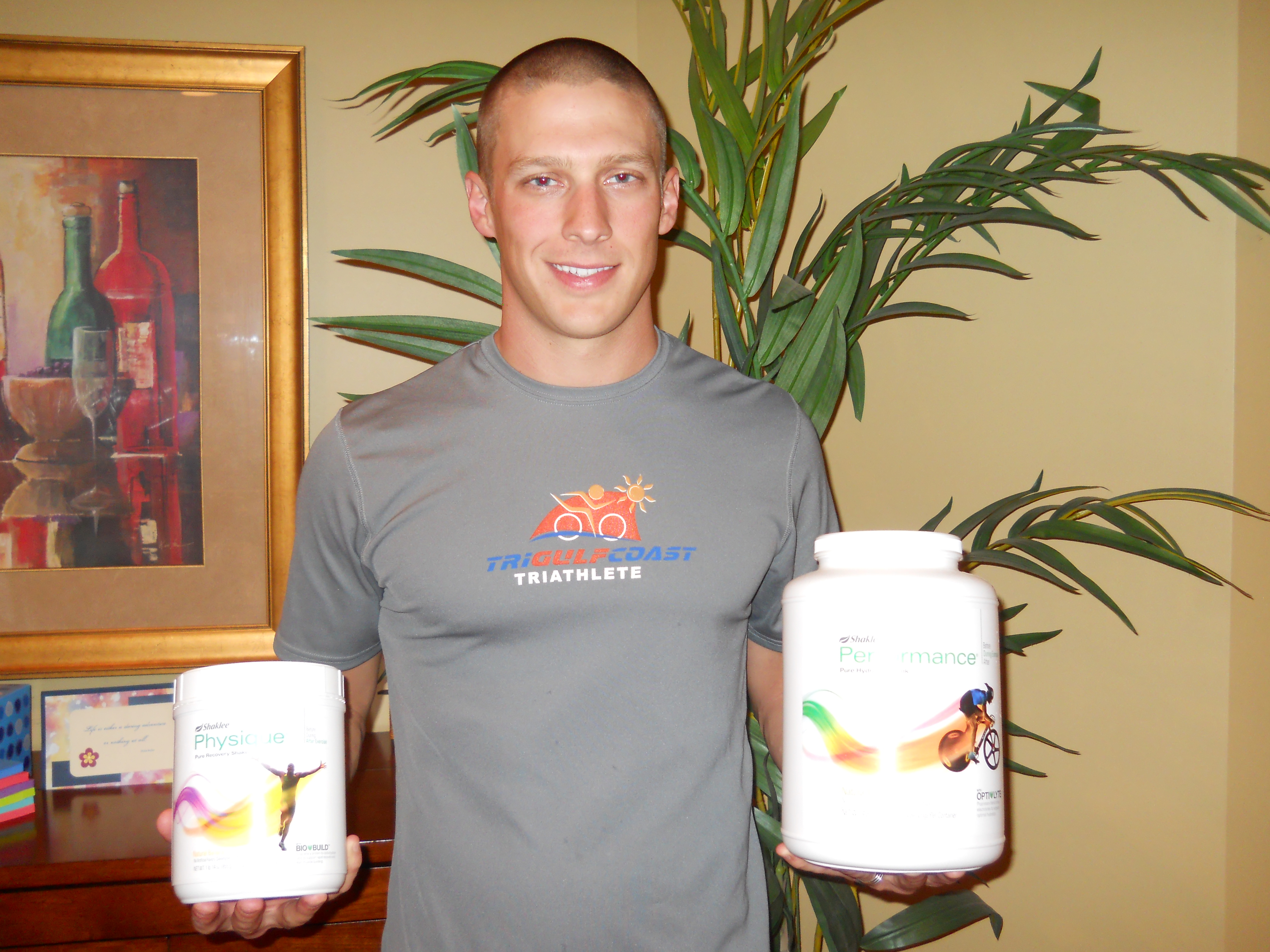Google Trends is a great tool for understanding what people are searching for online. Using the Explore feature you can find out what has interested people online for the past few years by each keyword. This gives us tremendous insight into what people have been spending time online looking for over a period of time.
Diet and Weight Loss
Check out the chart below and you can see that at the start of each year people want to know more about how to diet and lose weight as well as general nutrition. But then as the New Year’s resolutions fade the number of times people check these topics out online goes down. But even at the lowest point – during the holiday season – there is still tremendous online activity for individuals wanting to know more about getting into shape.
It is a bit of a surprise when you see where people live who are doing this online research. The chart below shows that the states with the most interest are in the South. These Americans are also reported to live the states with the highest level of adult obesity but at least they want to know more about how to remedy that situation. Alabama leads the way.
Vitamins, Supplements and Disease
Searching for vitamins and supplements is very popular online. Americans are also interested in learning more about the top preventable causes of death in this country: diabetes, heart disease, and stroke. As diabetes becomes more and more common it leads the way in the volume of search activity.
What People Want
When you ask people what they want the top answers are usually more money, additional free time, the opportunity to travel, maybe a new car, and always continued good health. Check out the chart below to show that people are searching for all of these things online. Time is at the top of the list and it continues to grow faster than the other searches. No one ever has too much free time. It may be a bit surprising that with all of the discussion of the new health care laws, online interest in health hasn’t increased over time and may actually be going down. Travel is at the bottom of the list and that may be due to the tough economic times over the past few years.
Business Opportunity
Are people doing more online research to seek out new business opportunities? It doesn’t look that way. The financial crash of a few years back seems to have slowed down American’s interest in new business ventures and home based businesses. MLM (multi-level marketing) does lead the group as people may be searching for programs that will work for them to earn money. The internet is a great place to check out the many programs and learn which ones are for real.
Google Trends can also show us what parts of the country are more interested in new business opportunities. It seems that the South and the West have the most interested Americans. And Nevada is the top state in this group.
Healthy Homes
The chart below shows that people are definitely interested in having a healthy home. They are researching natural and safe cleaning products. Many people have stories of how the health of their family – and children in particular – have improved as they have started to move away from many household chemical and started to use more natural products.
Shaklee
Of course we also wanted to see if people have been searching for Shaklee products online. The chart below shows a sharp increase just in the past few months in Google searching for Shaklee.
If this type of information interests you click on any of the links to Google Trends under each chart. You can then start learning more about what people are searching for online and it will tell you a story.


